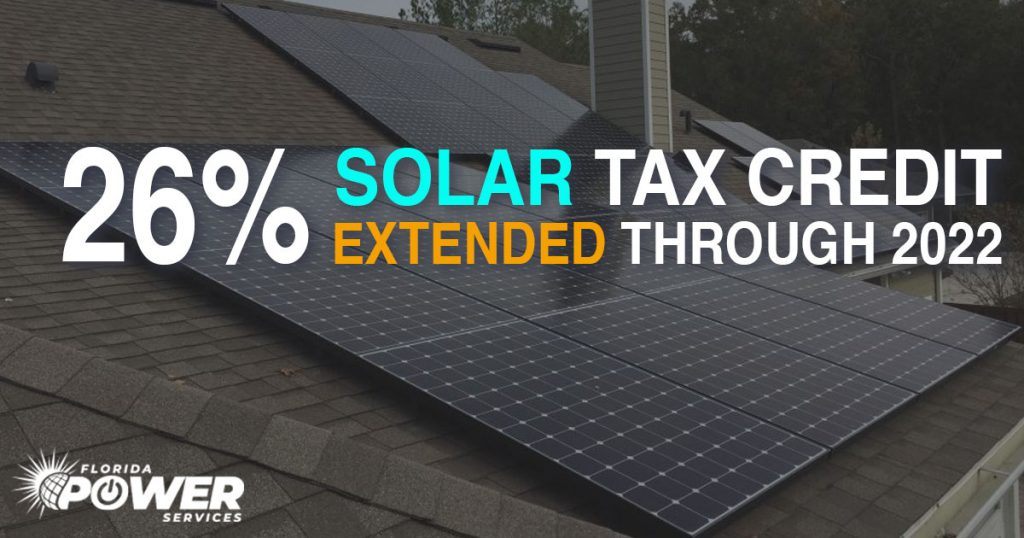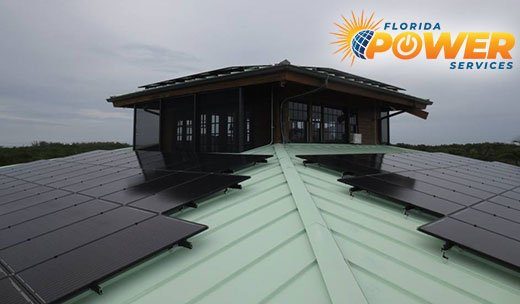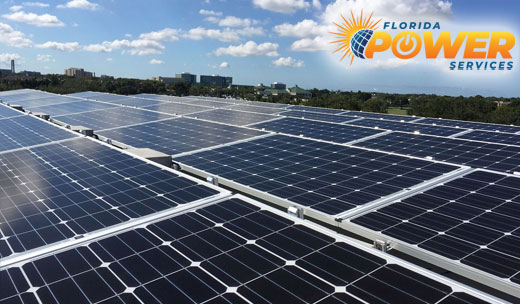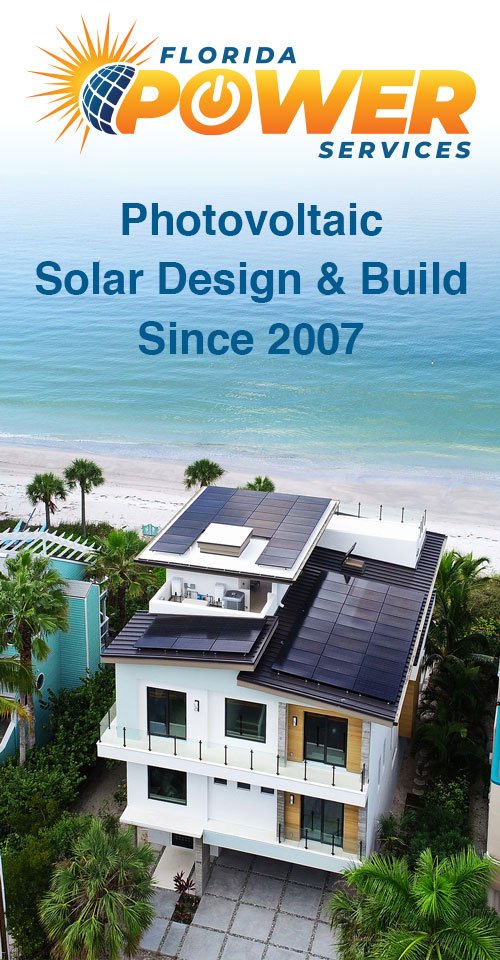Congress has passed a bill for a two-year extension on its solar investment tax credit (ITC) facility until the end of 2022. This allows you to benefit from 26% savings on Florida solar installations for the next two years. Here’s how it works:
Why The 26% Solar Tax Credit Extension Is Great News
If you’re looking to invest in solar panels in Florida, this announcement is about to save you thousands of dollars – regardless of how much your solar installation costs.
The Solar Tax Credits were set to drop to 22% at the start of 2021 and then completely expire at the start of 2022. Property owners had been rushing to get solar installations started quickly, with many set to entirely miss the savings chance.
Now, things have changed. Everyone has two more years to receive 26% reductions on everything from solar panels to battery banks and service costs! Here’s how much you could save:
How Much Can I Save with Solar Tax Credits:
Until 2022, you can receive a 26% reduction on your solar power installation in Florida costs. For example, if your solar installation costs $10,000, then you could receive Solar Tax Credits of $2,600 – reducing your costs significantly.
26% of $10,000 = $2,600 in Solar Tax Credit savings
The 26% savings cover all labor, equipment and installation costs. The credits can also be carried forward to the next tax year if you can’t take the full credit in the year the Florida solar installation occurred. The IRS has also shared guidance that solar battery systems are eligible for Solar Tax Credits.
When Do 26% Solar Tax Credits End?
Be warned; the 26% solar tax credits will expire at the end of 2022. From 2023, it will drop to 22% before dropping to 0% in 2024 (except for commercial properties that can receive 10% in 2024).
| Year | Federal Solar Tax Credit Savings | Savings on $30,000 Installation (For Example) |
| 2021 | 26% | $7,800 |
| 2022 | 26% | $7,800 |
| 2023 | 22% | $6,600 |
| 2024 | 0% (Or 10% for commercial solar) | $0 |
Why You Should Act Now!
There is no guarantee that the extension will happen again, especially as this extension was part of the COVID relief bill. Despite the extension, solar tax credits have been dropping for years. We all miss the 30% reduction of 2019.
Time moves fast and frankly, many future solar owners have got lucky here, after stalling on taking advantage of the 26% tax credits when they looked set to expire at the start of 2021.
Act now and don’t miss out on saving thousands of dollars!
What Can Solar Tax Credits Reduce the Costs Of:
Thanks to the solar tax credit reduction, solar suddenly becomes far more affordable for a broader range of incomes. Whether you’re a homeowner or commercial property owners, here are where these savings can help:
- Solar Power Installation Fees
- Solar Equipment
- Permitting Service Costs
- Permit Fees
- Roofing Fees
- Shipping Costs
- Engineer Fees
- Electrician Fees
- And More
Am I Eligible for 26% Solar Tax Credits?
With the new bill passed, the eligibility requirements haven’t changed. If you can say yes to the following criteria, then your solar installation will be eligible for the 26% solar tax credits until the end of 2022.
Residential Solar Tax Credit Requirements
- The solar installation must start before the end of 2022 and provide energy for your home.
- You must be the property owner, not a tenant.
- You must own the solar panels, not be leasing them.
- All electrical and fire code requirements must be met.
- Solar systems purchased with loans are also eligible.
Business Solar Tax Credit Requirements:
- The solar installation must start before the end of 2022 and provide energy for your home.
- The solar system must be used by someone paying U.S. income taxes.
- The above does not apply to schools, charities, churches and other tax-exempt organizations.
- The energy generated cannot be used to heat a pool.
Are Solar Batteries Eligible for 2021-22 Solar Tax Credits?
Batteries and energy storage systems are covered for solar tax credits, but only if solar panels power them.
- Residential owners can receive a solar tax credit if 100% of the storage’s charge is provided by solar power.
- Commercial owners can receive a tax credit if at least 75% of the storage’s charge is supplied by solar power.
How Do I Claim 26% Solar Tax Credit Savings?
When filing your 2022 tax return, you should:
- Ensure your installation starts before December 31, 2022.
- Collect any receipt related to the cost of solar installations and solar power.
- Fill out the IRS Form 5965.
- Add the Tax Credits to Form 1040.
What Is The New Solar Bill?
The solar tax credits extension was included in a massive $1.4 trillion federal spending package, alongside a $900 billion COVID-19 virus relief spending bill.
Congress passed the bill in late December 2021, which included $35 billion of support for energy research and development programs. There has also been a one-year extension for wind power tax credits. This is excellent news for all involved in the clean energy industries and shows once again that the future is clean energy.
It provides welcome relief for the solar industry following COVID-related economic disruptions that hit solar installation companies and those looking to install solar panels, particularly hard.
The ITC was initially started by the Energy Policy Act of 2005 and has been helping the U.S. transition to a renewable energy economy ever since. It ensures that Florida’s solar power installations will continue to grow over the coming years.
Take Advantage of 26% Solar Savings in Florida
As the leading solar installation company in Florida, we can guide you towards making optimal savings for your solar installation. In recent years we’ve helped hundreds of Florida residents and commercial property owners take advantage of federal tax credits on time.
Schedule a consultation with Florida Power Services “The Solar Power Company” today, and we’ll answer any questions you may have and can install a solar system that ensures your property is built for the future!

















